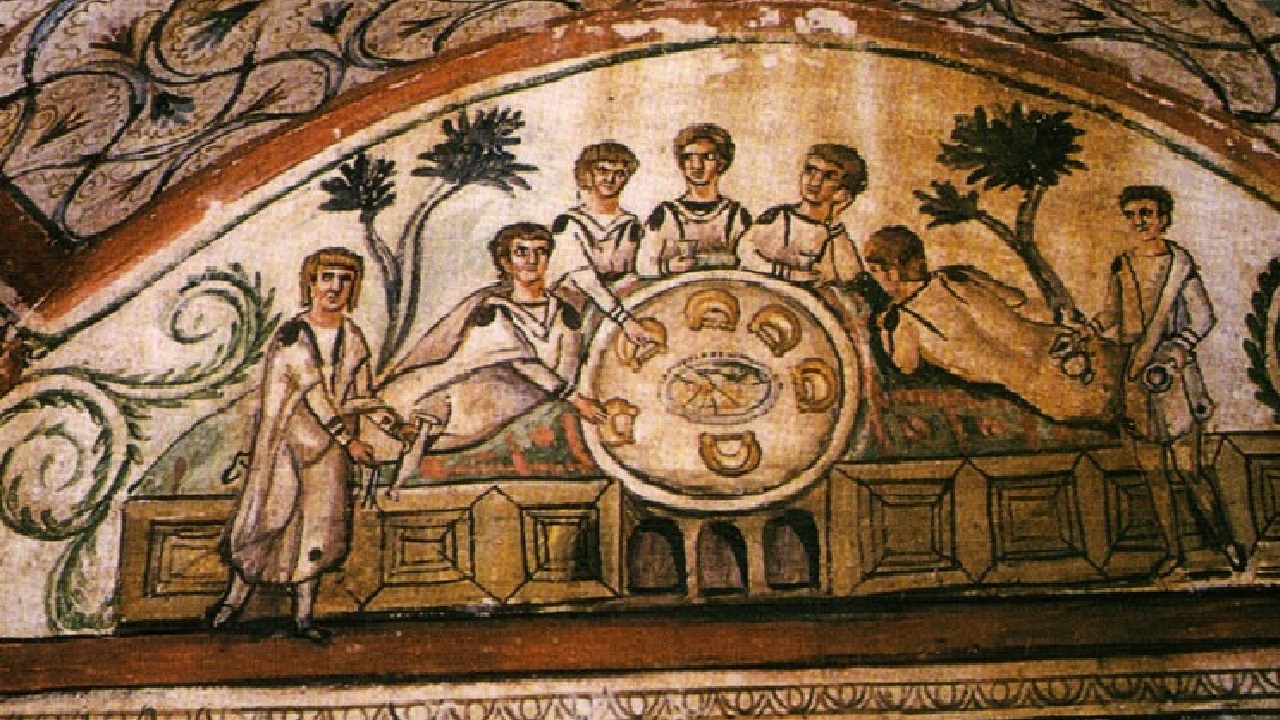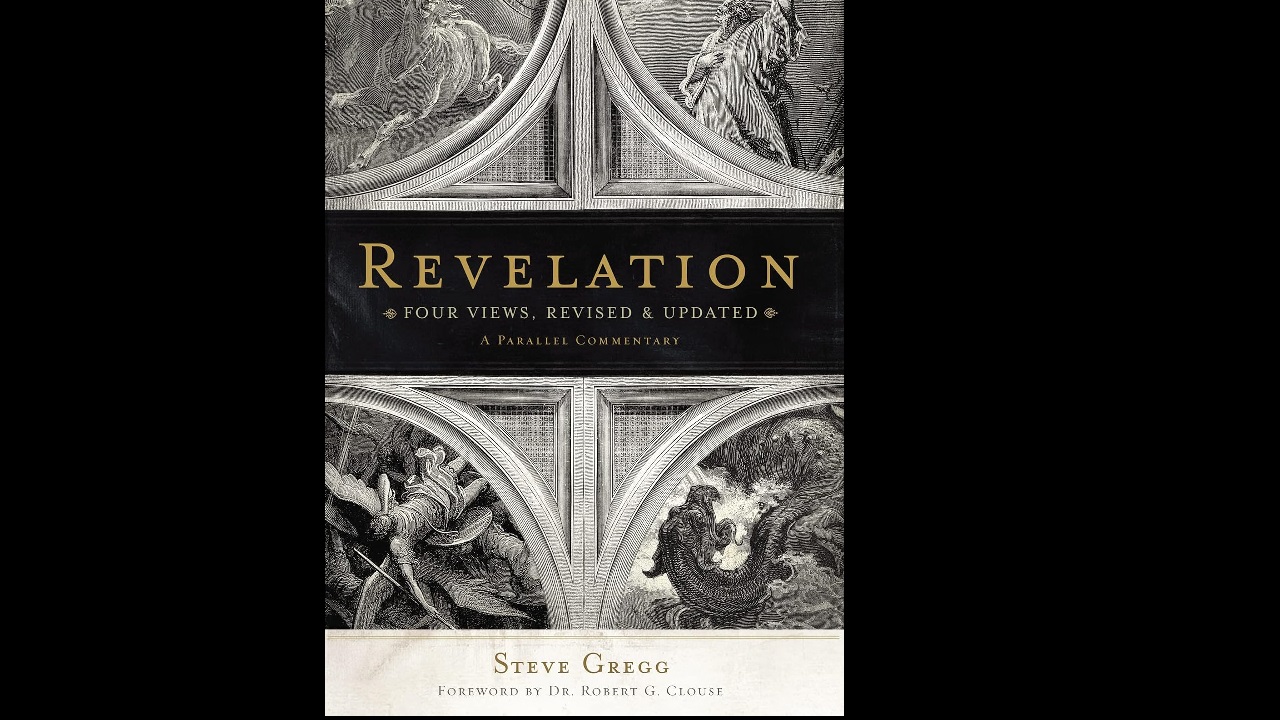Introduction
The deliberations of the Jerusalem Council, as recorded in Acts 15, represent a pivotal moment in early Christianity. The question of whether Gentile converts were required to be circumcised and to observe the Mosaic Law was central to the formation of the church’s identity. The Council concluded that Gentiles should not be compelled to keep the whole Law of Moses, thereby affirming the sufficiency of faith in Christ for inclusion in the people of God.
The Jerusalem Council Gentile Food laws
In Acts 15:19, James, speaking on behalf of the assembly, declared:
“I conclude that we should not cause extra difficulty for those among the Gentiles who are turning to God.”
Approximately a decade later, Acts 21 records James reaffirming this same conclusion. The God’s Word Translation paraphrases Acts 21:25a as follows:
“[To clarify this matter,] we have written non-Jewish believers a letter with our decision.”
This correspondence served as an official affirmation that Gentile believers were not bound by the full range of Jewish ceremonial and ritual laws. Yet, when one turns to the Pauline epistles, it becomes evident that Paul neither cites nor enforces this Jerusalem verdict regarding Gentile food laws, despite his personal participation in the Council (cf. Gal. 2:1–10). Instead, Paul establishes a more radical approach.
Beyond the Council
Writing to the church in Rome, he asserts:
“I am convinced, being fully persuaded in the Lord Jesus, that nothing is unclean in itself” (Rom. 14:14).
“Everything is indeed clean” (Rom. 14:20b).
In his letter to Corinthians, Paul warns against an inflated sense of Christian “knowledge” (gnosis), which risked undermining the newly formed Jewish-Christian unity (cf. 1 Cor. 8:1). The apostle cautions that, “Knowledge puffs up, but love builds up.” He recognizes that not all believers share this mature understanding:
“However, not all possess this knowledge. Some, being accustomed throughout their lives to thinking of idols as real and living, still eat food as if it were sacrificed to an idol; and because their conscience is weak, it is defiled” (1 Cor. 8:7). Hence, Paul exhorts the strong Christian to exercise restraint:
“Be careful, however, that your freedom does not become a stumbling block to the weak” (1 Cor. 8:9).
He illustrates this with a scenario in which a believer’s conduct might lead another’s conscience to stumble (1 Cor. 8:10).
Then, in 1 Corinthians 10:23–27, Paul allows believers to “eat whatever is sold in the meat market without asking questions for conscience’ sake,” and even to partake in meals hosted by non-believers without inquiry. However, he restricts participation when someone finds out it is food sacrificed to idols, for the sake of the other’s conscience, not one’s own (1 Cor. 10:28–29).
In subsequent writings, Paul generalizes this theological insight. In Titus 1:15, he states:
“To the pure, all things are pure, but to the defiled… nothing is pure.”
Likewise, in 1 Timothy 4:3–5, he condemns false teachers who “forbid marriage and demand abstinence from foods which God created to be eaten with thanksgiving.” Paul concludes:
“Everything created by God is good, and no food should be rejected if it is received with thanksgiving.”
This universal statement transcends the limited dietary restrictions established by the Jerusalem Council.
Similarly, in Colossians 2:16–17, 20–23, Paul warns Gentile believers not to submit to regulations such as “Do not handle, do not taste, do not touch,” declaring that “these are merely human commands and doctrines… of no value.” In effect, Paul dissolves not only the Mosaic food laws outlined in Leviticus but also food laws imposed on Gentiles by the Jerusalem sought to impose upon Gentile believers.
New Covenant Foundations
Paul’s concern is no longer with ritual distinction but with mutual edification within the body of Christ. For him, the “strong” believer—who has grasped the freedom implicit in the gospel—is to bear with the “weak,” not for self-gratification but for the good of the community (Rom. 15:1). Yet, the ultimate goal is that all believers, whether Jew or Gentile, attain unity of mind and worship:
“So that with one mind and one voice you may glorify the God and Father of our Lord Jesus Christ” (Rom. 15:5–6).
This vision anticipates a mature, unified church: “one body and one Spirit,” called to “one glorious hope for the future.” Paul’s theology thus advances beyond the Jerusalem Council’s compromise, proposing a more comprehensive reconciliation grounded in the new covenant.
Apostle of Messiah, Jesus
The seeds of Paul’s vision were sown in the teaching and practice of Jesus himself. Jesus proclaimed that “nothing that goes into a person from the outside can make them unclean; rather, it is what comes out that makes them unclean” (Mark 7:15). By both word and deed—particularly in his table fellowship with “sinners,” that is, Jews who did not observe the Torah strictly, and with Gentiles—Jesus embodied the new Jewish-Christian community in preparation for the coming Kingdom of God on a restored earth.
The New Covenant ministry of Jesus anticipates the future, Messianic banquet:
“People will come from east and west and recline at the table with Abraham, Isaac, and Jacob in the kingdom of heaven” (Matt. 8:11; cf. Luke 14:15–24).
The gospel, therefore, envisions a single unified table-fellowship extending across ethnic and ritual boundaries.
Conclusion
In sum, Paul’s theology of food laws imposed on Gentiles reflects a decisive movement from ceremonial restriction to spiritual maturity. While the Jerusalem Council established a pragmatic compromise for the sake of communal harmony, Paul articulated a transcendent principle grounded in the New Covenant teaching of the Messiah, Jesus. The letters of Paul portray a vision of the church not as a coalition of denominational factions, but as one unified Christian body—with the strong supporting the weak—bound together in love and truth under the New Covenant Law of the Messiah.




